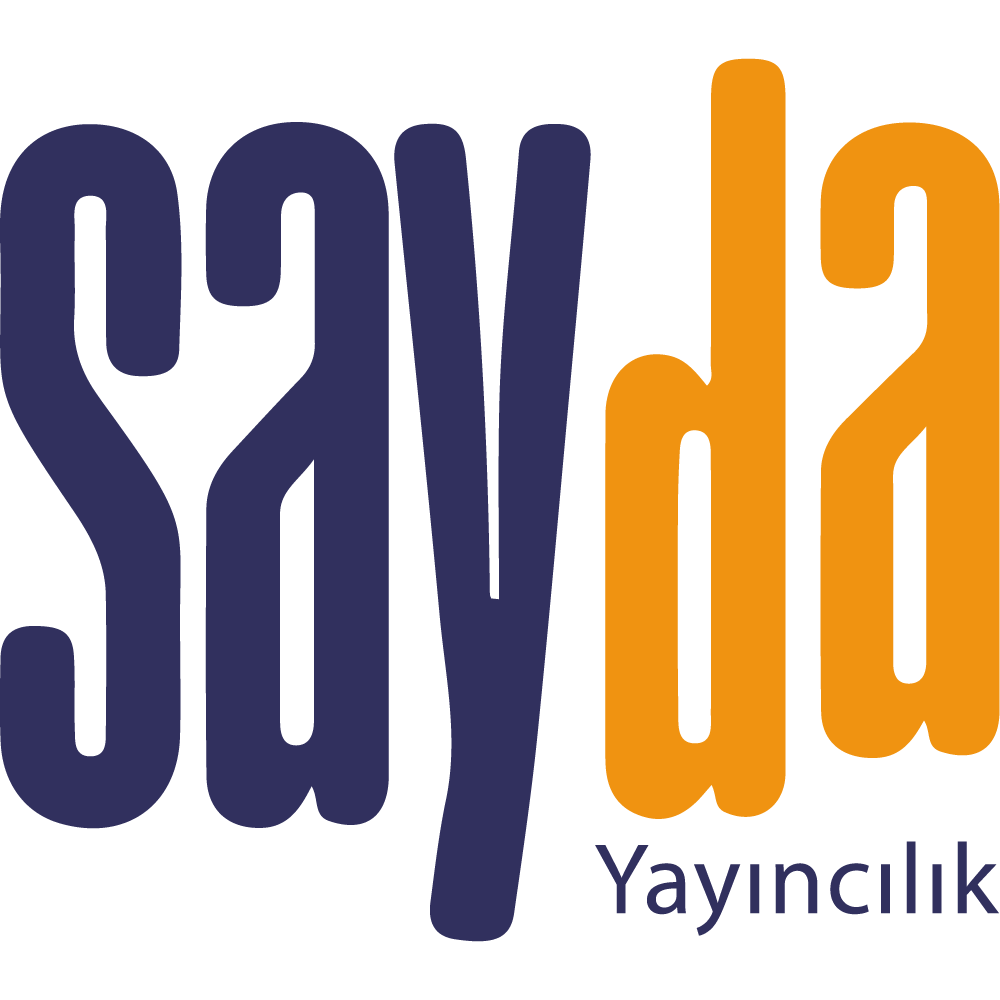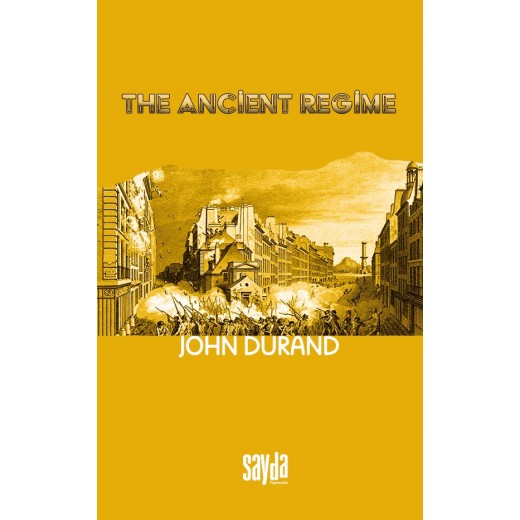The ancient regime-John Durand
The ancient regime - John Durand
Why should we fetch Taine's work up from its dusty box in the basement of the national library? First of all because his
realistic views of our human nature, of our civilization and of socialism as well as his dark premonitions of the 20th
century were proven correct. Secondly because we may today with more accuracy call his work:
"The Origins of Popular Democracy and of Communism."
His lucid analysis of the current ideology remains as interesting or perhaps even more interesting than when it was
written especially because we cannot accuse him of being part in our current political and ideological struggle.
Even though I found him wise, even though he confirmed my own impressions from a rich and varied life, even though I
considered that our children and the people at large should benefit from his insights into the innermost recesses of the
political Man, I still felt it would be best to find out why his work had been put on the index by the French and largely
forgotten by the Anglo-Saxon world. So I consulted a contemporary French authority, Jean-François Revel who mentions
Taine works in his book, "La Connaissance Inutile." (Paris 1988). Revel notes that a socialist historian, Alphonse Aulard
methodically and dishonestly attacked "Les Origines..", and that Aulard was specially recruited by the University of
Sorbonne for this purpose. Aulard pretended that Taine was a poor historian by finding a number of errors in Taine's
work. This was done, says Revel, because the 'Left' came to see Taine's work as "a vile counter-revolutionary weapon."
The French historian Augustin Cochin proved, however, that Aulard and not Taine had made the errors but by that time
Taine had been defamed and his works removed from the shelves of the French universities.
Now Taine was not a professional historian. Perhaps this was as well since most professional historians, even when
conscientious and accurate, rarely are in a position to be independent. They generally work for a university, for a
national public or for the ministry of education and their books, once approved, may gain a considerable income once
millions of pupils are compelled to acquire these.
Taine initially became famous, not as a professional historian but as a literary critic and journalist. His fame allowed
him to sell his books and articles and make a comfortable living without cow-towing to any government or university. He
wrote as he saw fit, truthfully, even though it might displease a number of powerful persons.
Taine did not pretend to be a regular historian, but rather someone enquiring into the history of Public Authorities and
their supporters. Through his comments he appears not only as a decent person but also as a psychologist and seer. He
describes mankind, as I know it from my life in institutions, at sea and abroad in a large international organization. He
describes mankind as it was, as it was seen by Darwin in 'THE EXPRESSIONS OF EMOTIONS IN MAN AND ANIMALS.
Taine described the human being as he was and is and had the courage to tell the French about themselves, their
ancient rulers, and the men of the Revolution, even if it went against the favorable opinion so many of his countrymen
had of this terrible period. His understanding of our evolution, of mankind and of the evolution of society did not find favor
with men who believed that they in the socialist ideology had found the solution to all social ills. Only recently has
science begun to return to Darwin in order to rediscover the human being as Taine knew him. You can find Taine's views
of humanity confirmed in Robert Wright's book 'THE MORAL ANIMAL.' (Why we are the way we are.)
13.5x21.5
2023
1.baskı
390 sayfa

